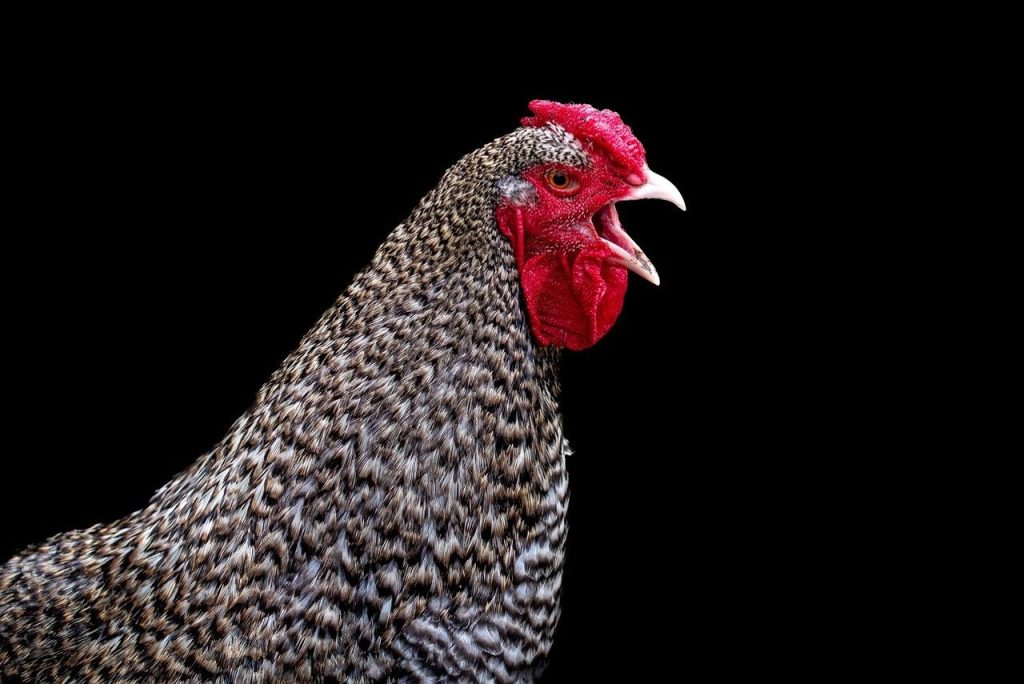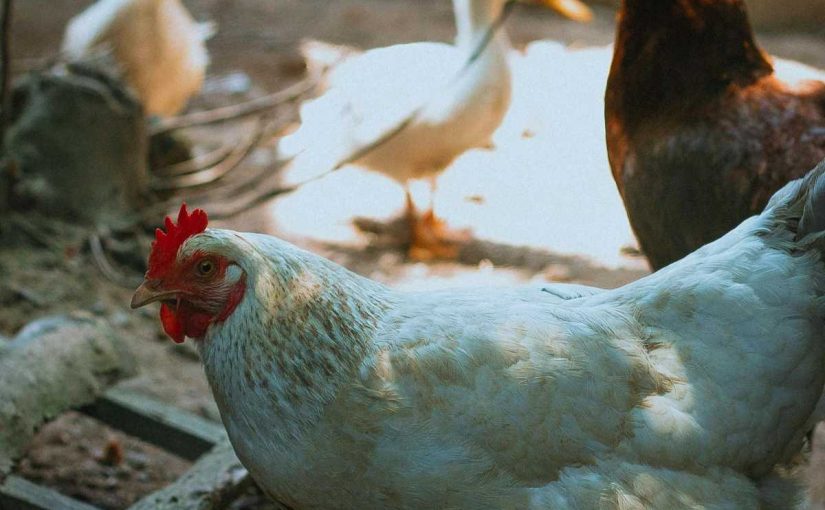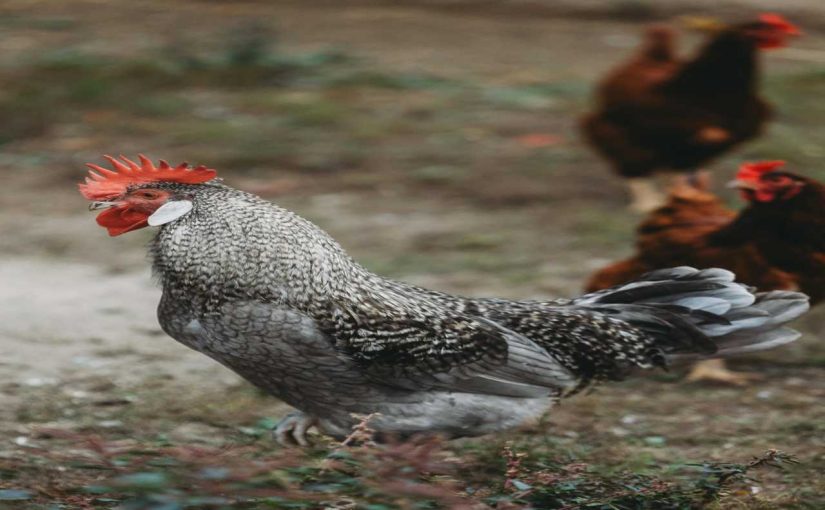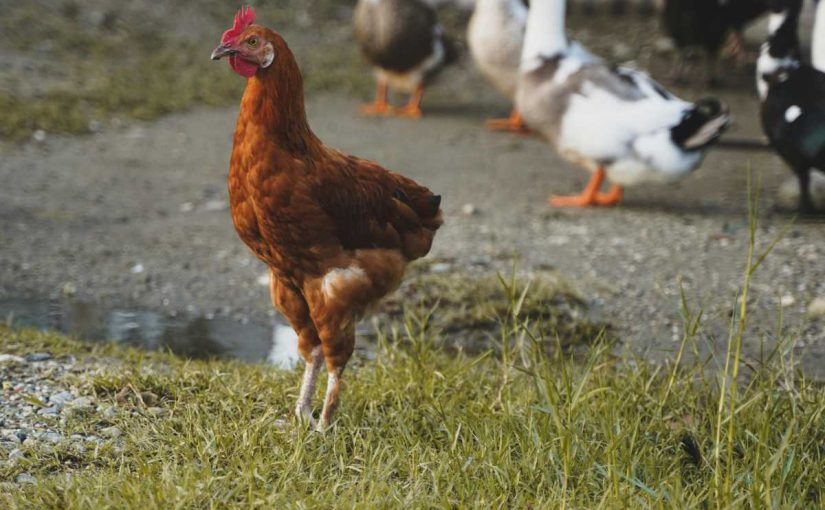Choosing the right chicken breeders is a pivotal step for anyone looking to establish a healthy and productive flock. Whether you’re a novice poultry keeper or a seasoned farmer, the quality of your chickens directly influences their health, egg production, and overall wellbeing. Healthy chickens not only contribute to your farm’s sustainability but also enhance your enjoyment of poultry-keeping.
In today’s world, where factory farming and mass production often overshadow individual care and attention, finding reputable breeders committed to animal welfare is more important than ever. This guide will walk you through essential considerations and actionable steps to help you select healthy chicken breeders. By following these guidelines, you can ensure that your flock is strong, vibrant, and capable of thriving in your care.
Join us as we explore the critical factors to consider when choosing chicken breeders, ensuring that your poultry experience starts on the right foot!
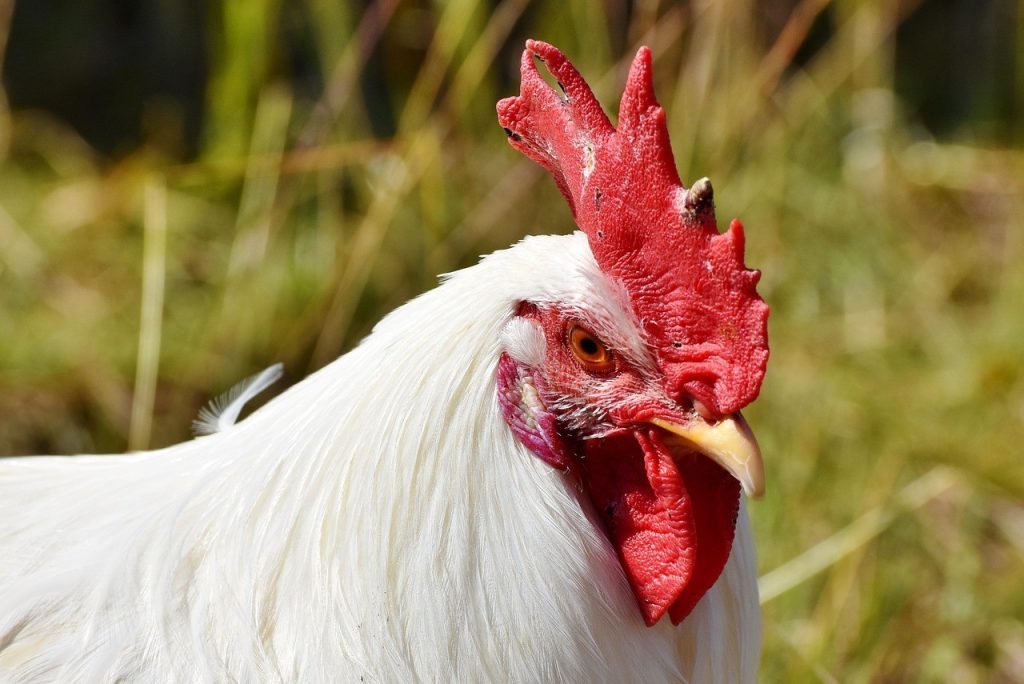
1. Research Breeders
Overview
Start by conducting thorough research to find reputable chicken breeders in your area. This step helps you understand their practices and determine if they align with your needs.
Implementation Steps
- Online Reviews and Recommendations: Look for reviews and recommendations from other poultry keepers. Online forums, social media groups, and local poultry clubs can provide valuable insights into breeders’ reputations. Positive feedback often indicates a breeder’s commitment to health and quality.
- Visit Local Farms: If possible, visit local farms or hatcheries to observe their operations firsthand. This allows you to assess the living conditions, health of the birds, and the overall environment. Engaging with breeders directly can also help you gauge their knowledge and passion for poultry.
Learning Outcome
Researching breeders helps you identify those who prioritize animal health and welfare, setting the stage for a successful partnership.
2. Check Health Standards
Overview
A reputable breeder should adhere to strict health standards and biosecurity measures to ensure the wellbeing of their flock. Understanding these practices is essential for selecting healthy chickens.
Implementation Steps
- Disease Testing: Inquire whether the breeder conducts regular health checks and disease testing on their flock. Breeders should test for common poultry diseases such as avian influenza, Newcastle disease, and Mycoplasma. Request documentation of test results for your peace of mind.
- Vaccination Protocols: Ask about the vaccination protocols followed by the breeder. Chickens should be vaccinated against common diseases to ensure their health and longevity. A responsible breeder will provide you with a vaccination history for the birds you intend to purchase.
Learning Outcome
Understanding a breeder’s health standards ensures you are purchasing birds that are less likely to carry diseases, protecting your existing flock and ensuring a healthy start.
3. Observe Bird Health
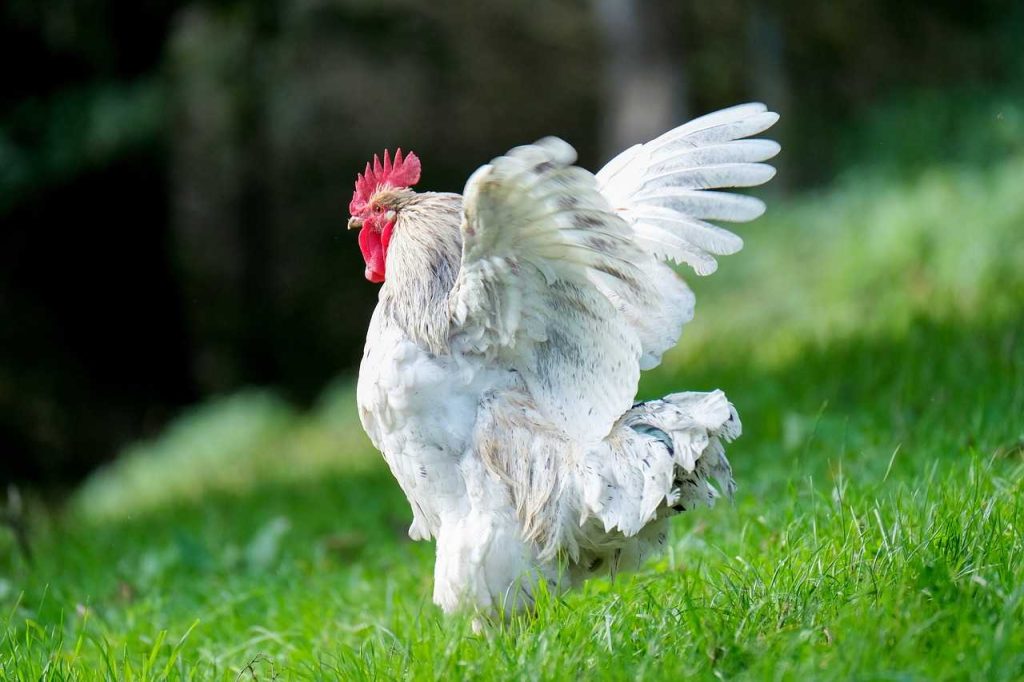
Overview
When visiting a breeder, closely observe the overall health of the chickens. Healthy birds exhibit certain physical traits and behaviors.
Implementation Steps
- Physical Appearance: Look for signs of good health, such as bright eyes, clean feathers, and a healthy weight. Birds with dull eyes, feather loss, or lethargy may indicate health issues. Pay attention to the condition of their combs and wattles; they should be bright red and healthy-looking.
- Behavioral Signs: Healthy chickens should be active, curious, and engaged in normal behaviors such as scratching, foraging, and socializing. Excessive lethargy or isolation from the flock can indicate underlying health problems.
Learning Outcome
By observing the physical and behavioral traits of the birds, you can make a more informed decision about the overall health of the breeder’s flock.
4. Evaluate Living Conditions
Overview
The living conditions of the chickens significantly impact their health. A good breeder will maintain a clean, safe, and comfortable environment for their birds.
Implementation Steps
- Cleanliness: Assess the cleanliness of the coop and run. A healthy environment should be free from excessive waste, pests, and mold. Poor sanitation can lead to health issues and disease transmission.
- Space and Enrichment: Ensure that the chickens have enough space to roam and exhibit natural behaviors. Overcrowding can lead to stress and aggression, increasing the likelihood of health problems. Look for enrichment opportunities like perches, dust baths, and access to outdoor areas.
Learning Outcome
Evaluating living conditions helps you understand the quality of care the chickens receive, which directly affects their health and well-being.
5. Ask About Breeding Practices

Overview
A responsible breeder will have sound breeding practices to ensure the quality and health of their chickens. Understanding these practices is essential for selecting healthy birds.
Implementation Steps
- Genetic Diversity: Inquire about the breeder’s approach to genetic diversity. Healthy flocks should be bred from diverse genetic lines to reduce the risk of inherited health issues. Breeders should avoid inbreeding, which can lead to various genetic disorders.
- Breeding Goals: Discuss the breeder’s goals for their flock. Are they focusing on egg production, meat quality, or show traits? Understanding their objectives can help you choose birds that align with your own goals.
Learning Outcome
Asking about breeding practices ensures that you are purchasing chickens bred for health and performance, providing a solid foundation for your flock.
6. Request References
Overview
Don’t hesitate to ask for references from previous customers. Hearing about other people’s experiences can provide valuable insights into the breeder’s reputation and the quality of their birds.
Implementation Steps
- Contact Previous Customers: Ask the breeder for references from previous buyers. Reach out to these individuals to inquire about their experiences, the health of the chickens they purchased, and their satisfaction with the breeder.
- Follow Up on Feedback: Pay attention to any common themes in the feedback you receive. Consistently positive experiences from multiple customers can indicate a reliable breeder, while repeated complaints may signal potential issues.
Learning Outcome
Requesting references helps you validate the breeder’s reputation and gives you a better understanding of what to expect from your purchase.
7. Compare Prices
Overview
While price should not be the sole determining factor, it’s essential to compare prices among different breeders to ensure you’re getting a fair deal.
Implementation Steps
- Evaluate Value: Compare the prices of birds from various breeders while considering the quality of care, health standards, and breeding practices. A slightly higher price may be worth it for healthier, well-cared-for chickens.
- Watch for Red Flags: Be cautious of prices that seem too good to be true. Extremely low prices can indicate compromised health or unethical breeding practices. A reputable breeder will charge a fair price that reflects the quality and care provided.
Learning Outcome
Comparing prices helps you ensure you’re getting good value for your investment while prioritizing the health and quality of the chickens.
Conclusion
Selecting healthy chicken breeders is a critical step in ensuring a thriving flock. By conducting thorough research, checking health standards, observing bird health, evaluating living conditions, asking about breeding practices, requesting references, and comparing prices, you can make an informed decision.
Investing time and effort in selecting the right breeder will ultimately lead to healthier chickens and a more successful poultry-keeping experience. Healthy chickens not only provide eggs and meat but also contribute to a thriving, enjoyable farm environment.

